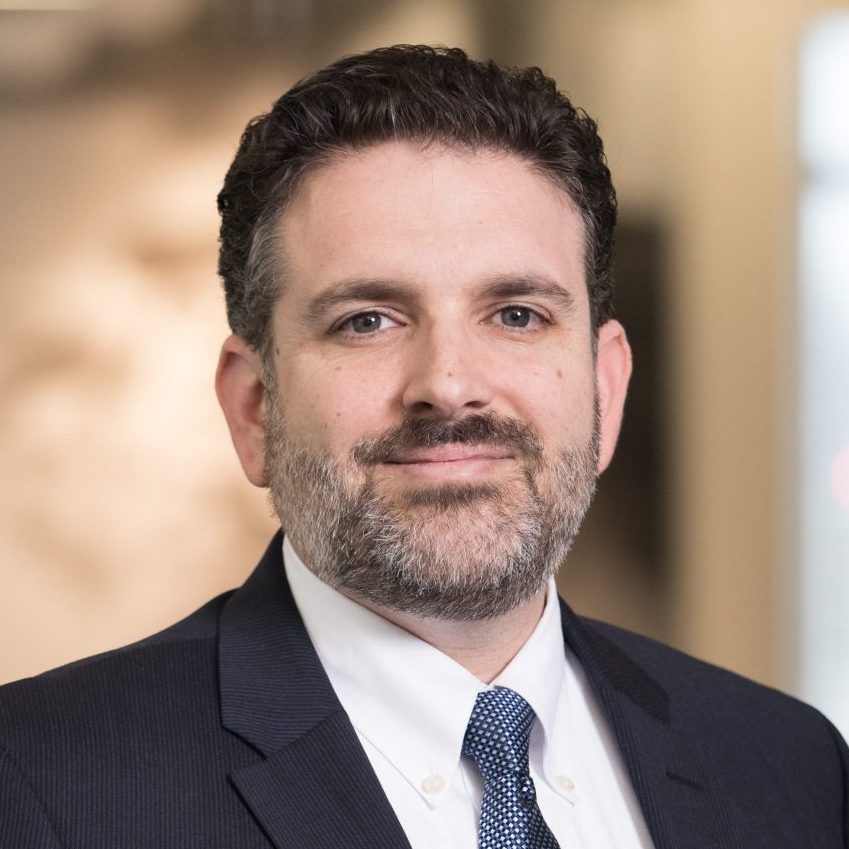Hospital systems across the country are forming new partnerships to share data in light of the COVID-19 pandemic. Regenstrief Institute and its role in Indiana’s statewide data-sharing effort were featured in Becker’s Hospital Review. The institute and its partners created a dashboard that tracks hospitalizations related to the novel coronavirus across the state.

In an interview, Regenstrief President and Chief Executive Officer Peter Embí, M.D., spoke about the data partnership and its ability to streamline data and allow Indiana leaders to have a better situational awareness when making public health decisions. The data also is helping to inform health systems and care providers.
Other partners in this initiative are the Indiana State Department of Health, Indiana Family Social Services Administration, Indiana Management Performance Hub, Indiana Health Information Exchange, Indiana University Richard M. Fairbanks School of Public Health and Indiana University School of Medicine.
Dr. Embí emphasized the importance of a statewide health information exchange in sharing COVID-19 data, as well as the necessity of having experts who can analyze the data and put it into context.








